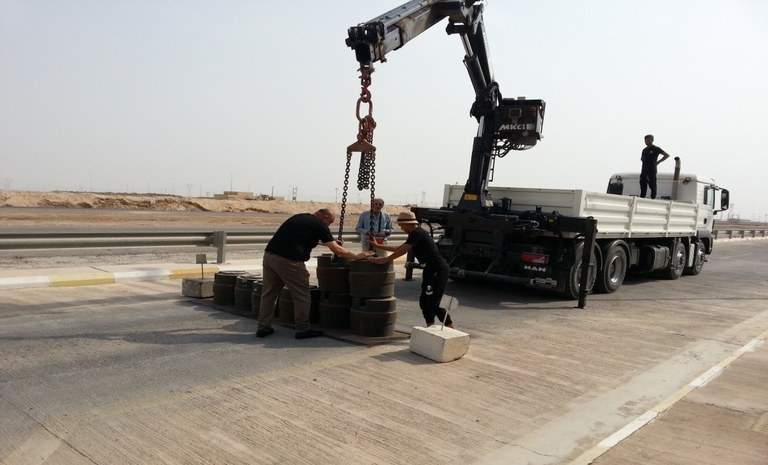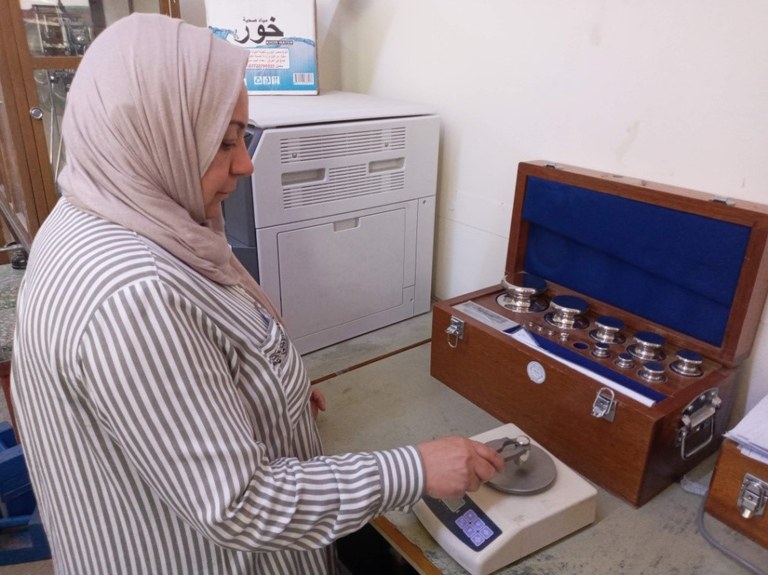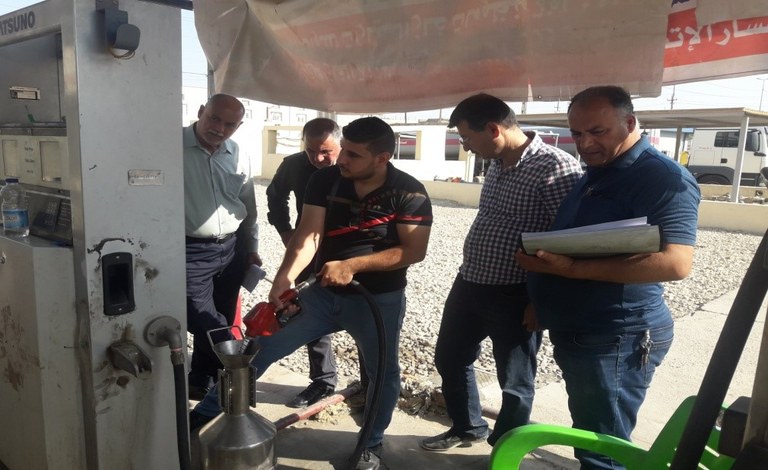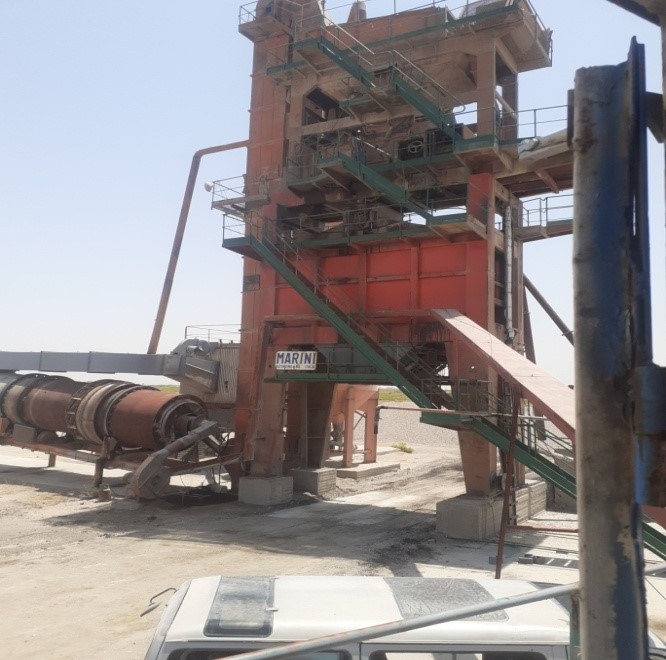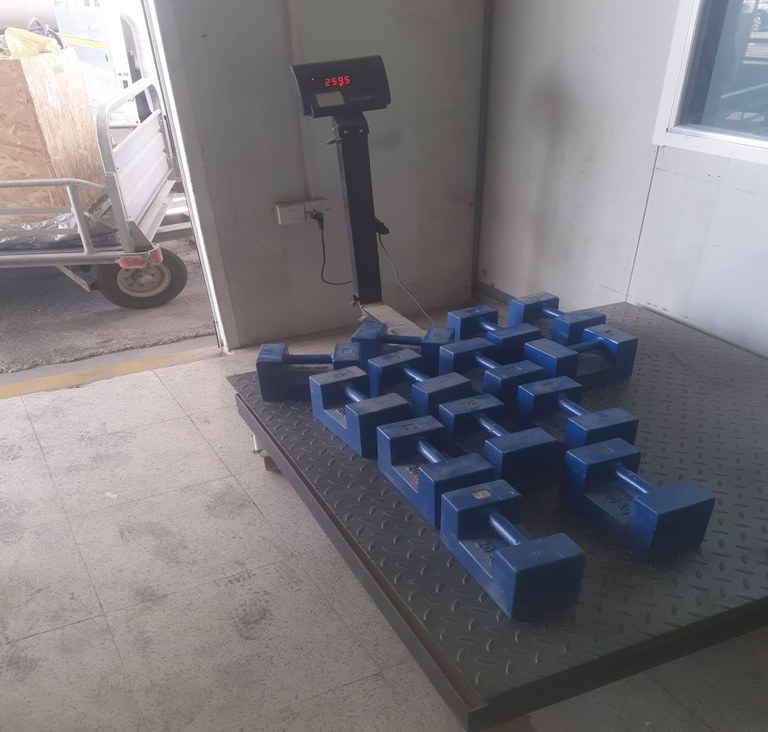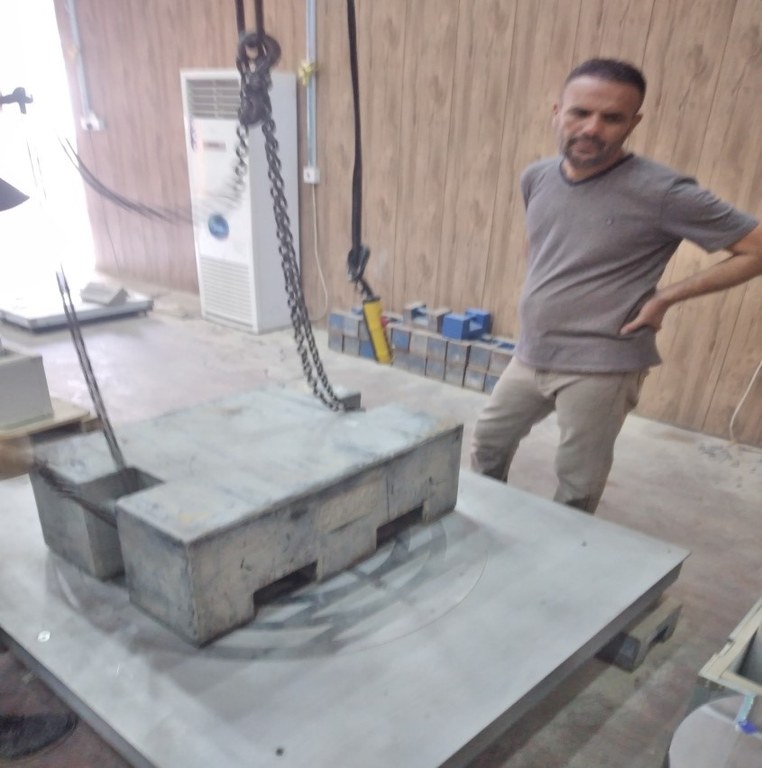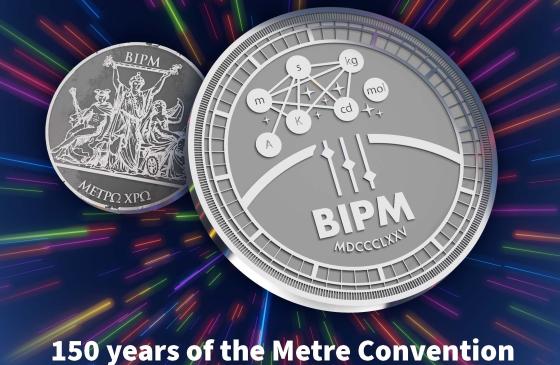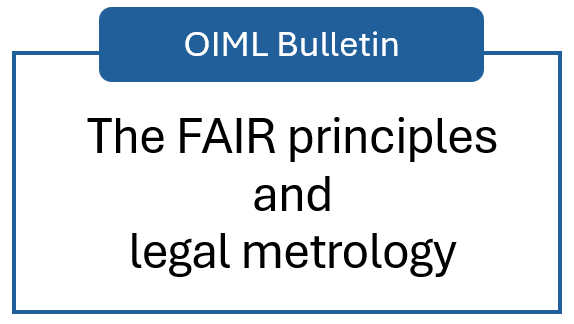OIML BULLETIN - VOLUME LXV - NUMBER 3 - JULY 2024
e v o l u t i o n s
Legal metrology in Iraq
Gailan Hashim Mustafa
Senior Chief Physicist / Head of Legal Metrology Section
1. Introduction
Legal metrology activities play an important role in our daily lives because they relate to public health, the safety of citizens, environmental protection, and resource monitoring and control such as medical pressure and temperature testing devices. Other key measuring instruments are weighbridge scales that are used in factories, oil sites and storage sites for agriculture crops. These verified weighbridge scales contribute to the safety of receipt and delivery operations of various materials, which saves huge sums of money for all relevant parties. There are other devices related to establishing service infrastructure for citizens such as concrete and asphalt plants, which require their weighing scales to be checked (verified) periodically. Another important activity in legal metrology is the checking of pre-packaged goods, so efforts are made to ensure the correctness of quantities of the packaged materials.
2. Legal metrology law and regulations
2.1. Law No. 42 of 1978 and its amendments
Law No. 42 of 1978 and its amendments regulates legal metrology and its activities in Iraq, and has the title “Law of marking and stamping measures, weighing instruments and commercial volumetric measures”. The text of the law includes the following:
- Terminology;
- Legal units of measurements (SI units, accepted by most countries);
- Technical regulations and administrative requirements;
- Authority responsible for legal metrology;
- Financial provisions; and
- Offences and penalties.
2.2. Law No. 54 of 1979 and its amendments
Law No. 42 of 1978 and its amendments is the law by which the Central Organization for Standardization and Quality Control (COSQC) was established, which is the authorized institution in accordance with the Iraqi constitution; it is one of the institutions of the Iraqi Ministry for planning.
3. Membership of organizations
COSQC is a member of the following organizations:
- International Organization of Legal Metrology (OIML) as a Corresponding Member;
- Arab Industrial Development, Standardization and Mining Organization (AIDSMO) as a Member;
- Gulf Association for Metrology (GULFMET ) as an Associated Member.
4. Structure of COSQC
COSQC consists of the following directorates:
- Standardization Directorate;
- Quality Control Directorate;
- Technical and Administrative Services Directorate.
4.1. Standardization Directorate
The Standardization Directorate includes the following departments:
- Standards;
- Metrology;
- Jewelry marking.
The Metrology Department consists of six sections, which carry out verification and calibration tasks in the fields of legal and industrial metrology. In addition, there are three departments in the governorates of Nineveh, Basra and Wasit.
5. Legal metrology activities in Iraq
Verification of legal metrology instruments and devices is carried out in accordance with the International Recommendations issued by the OIML. These activities are as follows:
- Verification of weighbridge and axle scales;
- Verification of weighing scales for gold and precious metals and stones;
- Verification of fuel dispensers;
- Verification of concrete and asphalt plant scales;
- Verification of medium accuracy weighing instruments commercial scales;
- Verification of weights of classes M1, M2, M3;
- Verification of volumetric measures (5 L,10 L,20 L);
- Pre-packaged goods.
5.1. Verification of weighbridge and axle scales
Iraq is a producer or crude oil and has a large agricultural activity, requiring the use of hundreds of weighbridge scales that must be verified periodically using standard weights of class M2. To achieve this, COSQC owns two specialized trucks, each containing standard cages (2500 kg) for verification. The trucks are also used to check axle scales.
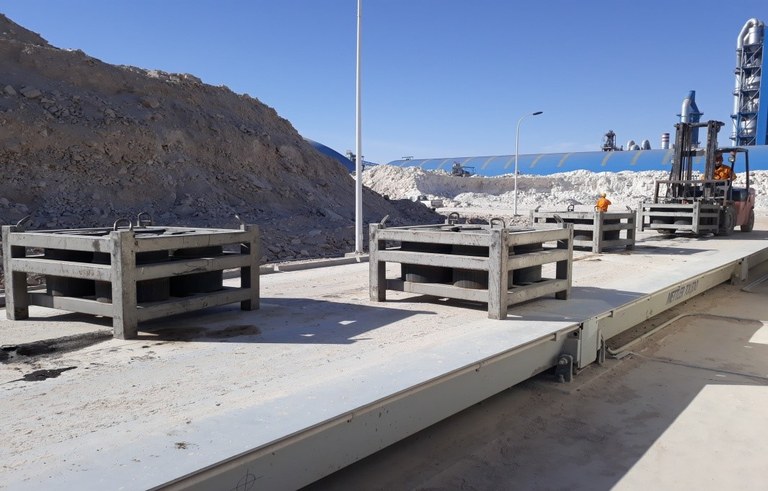
5.2. Verification of weighing scales for gold and precious metals and stones
These weighing instruments belong to the special accuracy class (I) and the high accuracy class (II); they are verified with a set of standard weights of class F1 or F2 according to OIML R 76 and OIML R 111.
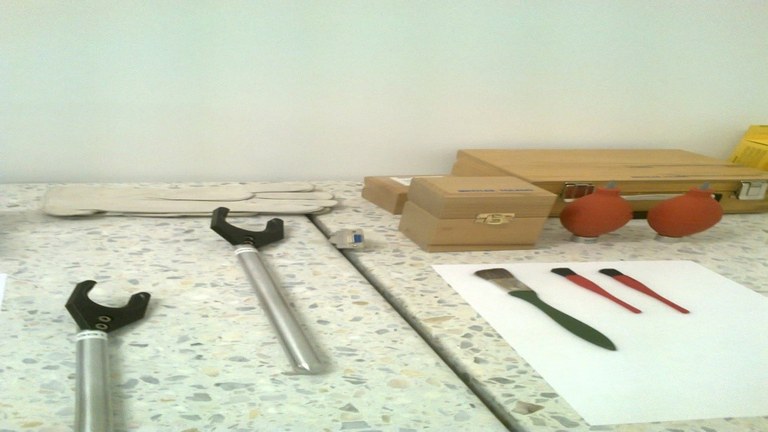
5.3. Verification of liquid fuel dispensers
Liquid fuel dispensers are checked periodically to verify the accuracy of their measurements according to OIML R 117 by standard volumetric measures having capacities of 20 L, 10 L and 5 L.
5.4. Verification of concrete and asphalts plant scales
Concrete and asphalt plants contribute to the construction of buildings and roads such as hospitals, schools, bridges and the global Iraqi infrastructure. The accuracy of the weighing scales measurements is of great importance in obtaining safe and coherent results in the long term for all projects. The verification processes are carried out using standard weights of class M2 according to OIML R 76.
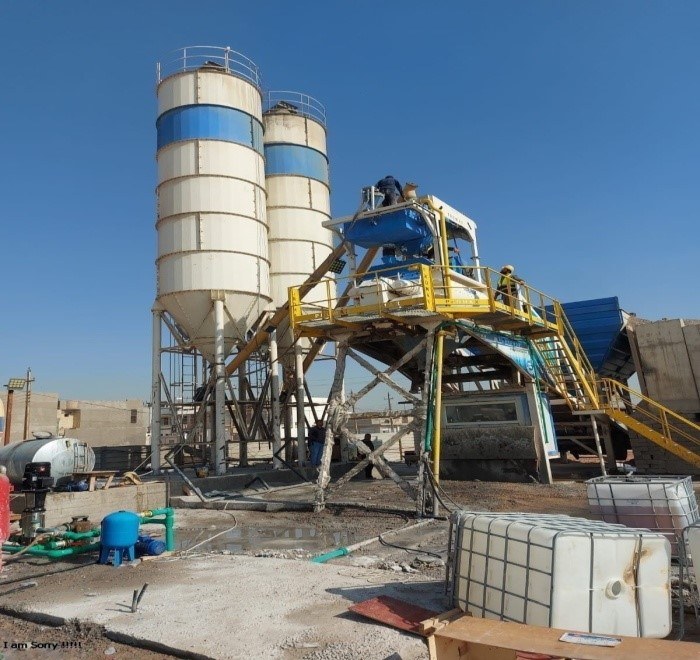
5.5. Verification of medium accuracy weighing instruments / commercial scales
Commercial weighing instruments are widely used in many locations such as markets, shops, stores and factories. The verification processes ensure the rights of both sellers and buyers, and weight sets of classes F2 and M1 or M2 are used to verify them.
5.6. Verification of weights of class M1, M2 and M3
Standard weights of classes M1 and M2 owned by customers are verified by a mass comparator in a special laboratory in COSQC using standard weights of class F2.
6. Future vision of legal metrology in Iraq
Senior management at COSQC is keen to develop projects in the field of legal metrology by expanding the scope of the work in the governorates of Iraq, creating new activities, and covering most of the mandatory verification operations. To facilitate this work, electronic services have been introduced by receiving verification requests and sending certificates vie e-mail.
Work is also currently underway to establish a special laboratory to verify flow meters in addition to an on-site system for this purpose.

